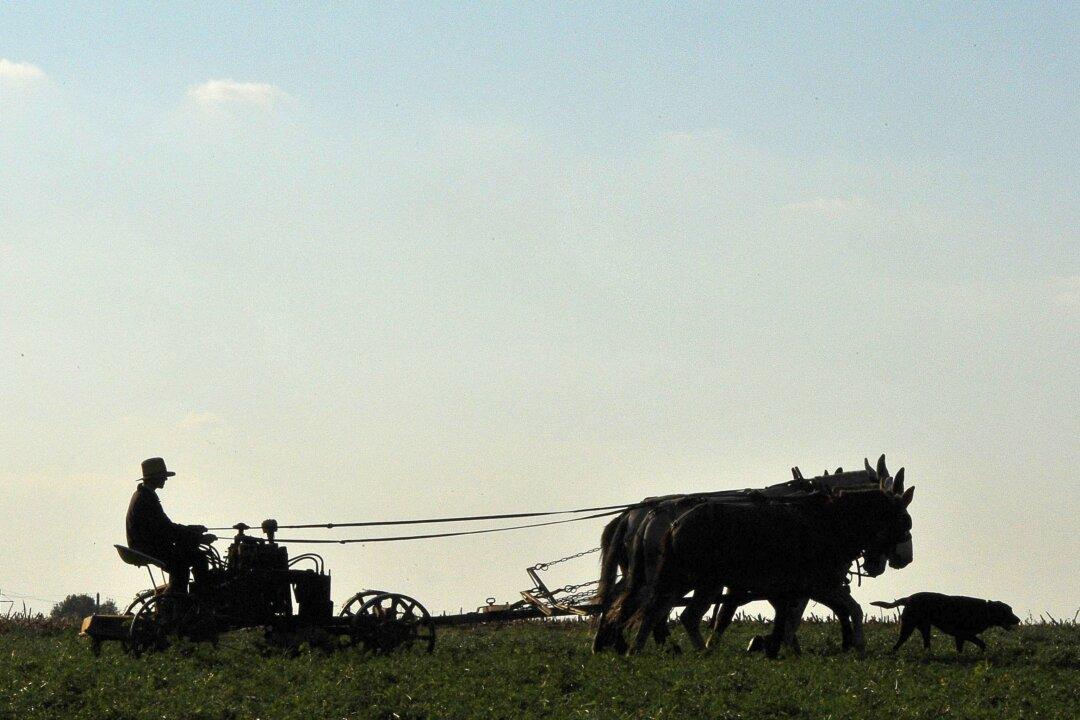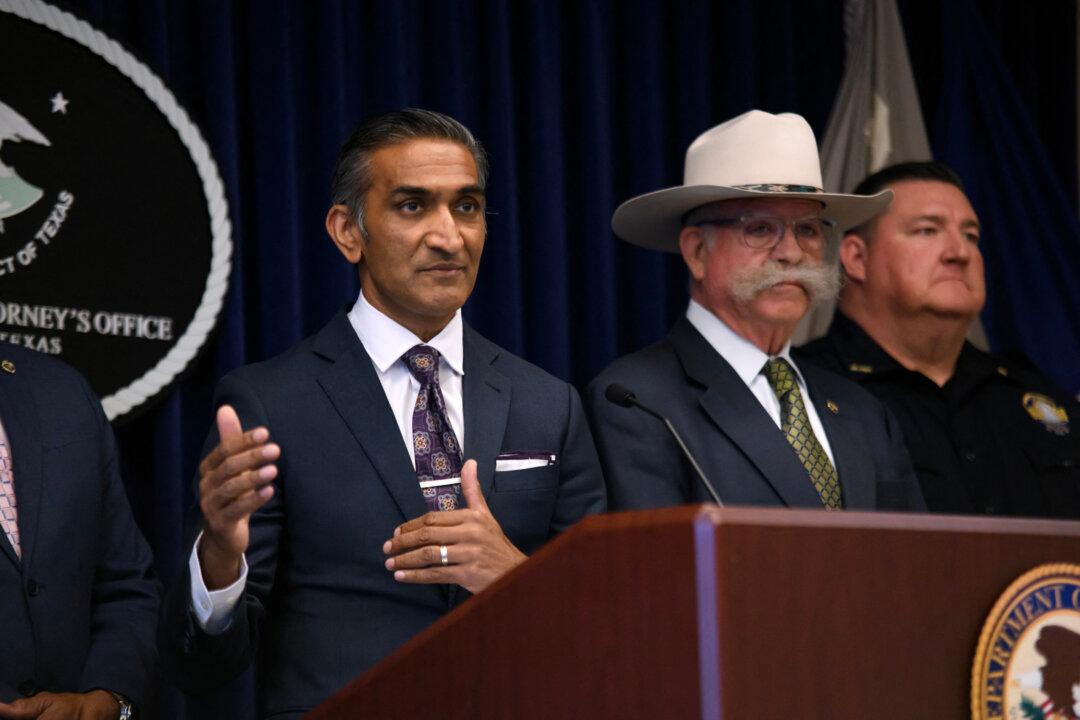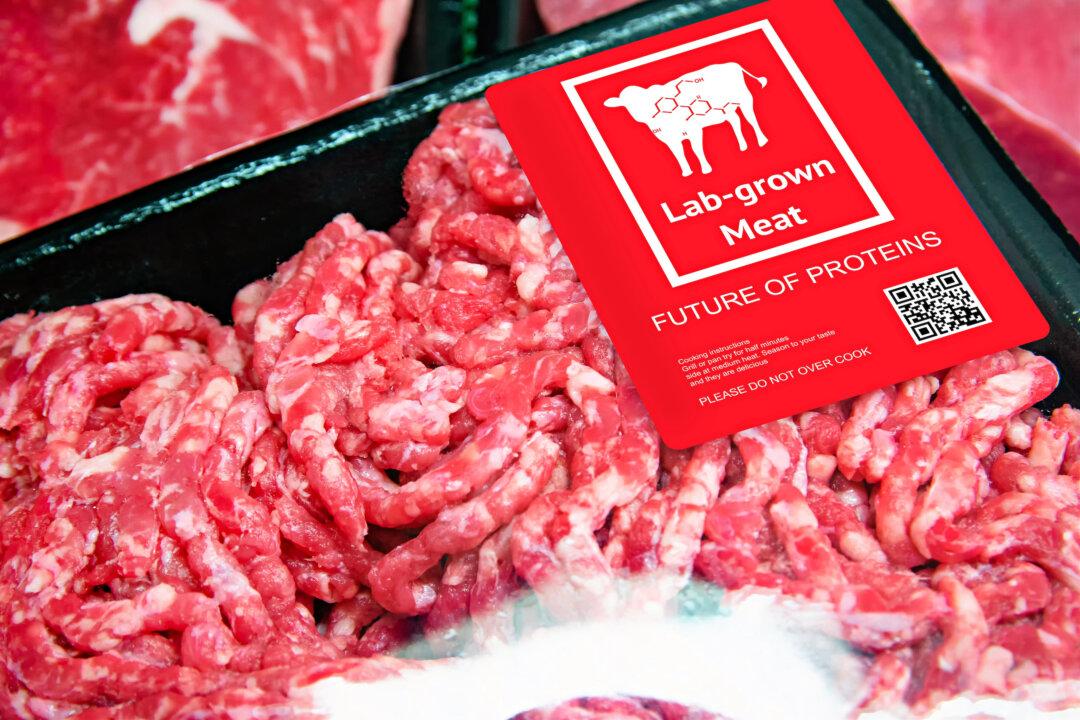An Amish farmer in Lancaster, Pennsylvania—embroiled in a lawsuit by the state’s Department of Agriculture over the sale of his raw dairy products—will be permitted to sell his goods anywhere in the world except in the state where he resides, a court ruling affirmed on April 12.
Lawyers for the state Department of Agriculture, which had participated in an armed raid of Amos Miller’s farm in January in which authorities seized his raw dairy products, requested Lancaster County Judge Thomas Sponaugle to clarify his March 19 order that barred Mr. Miller from selling to customers in Pennsylvania. The government claimed that the judge’s order didn’t go far enough and that specific language was needed to prohibit all sales. In the request, the department cited a Pennsylvania law that it claimed meant no one without a state permit could sell any raw milk, no matter where they live.





